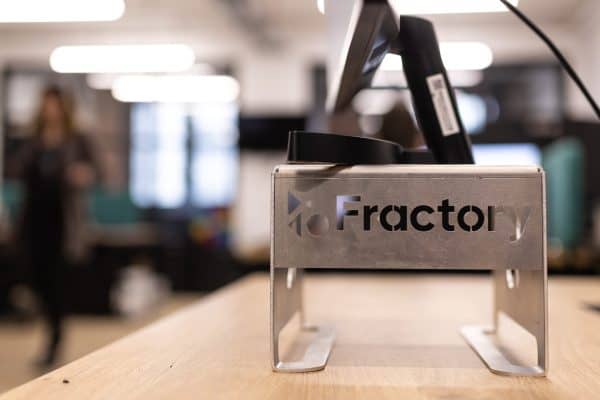Bussiness
There is an urgent need for industrial startups – London Business News | Londonlovesbusiness.com

In the realm of startups, the landscape is dominated by consumer-oriented, fintech, and software-as-a-service (SAAS) companies, fuelled by the era of inexpensive capital. Yet, as the tide of cheap money recedes, a pertinent question arises: why is there a notable absence of industrial startups, particularly when the potential for impactful innovation is so vast?
Consumer and fintech startups have often made life more convenient, offering solutions for rapid food delivery, mobility, and social connectivity. While these services can enhance daily life, they seldom address the pressing issues facing humanity. Contrastingly, the industrial sector—encompassing clean water provision, carbon reduction, and other critical challenges—holds the key to solving problems of vital importance.
The rarity of industrial startups can partly be attributed to the inherent difficulties of launching those ventures. Tackling significant, complex problems necessitates substantial capital, patience, and a long-term vision that transcends the quick-profit mentality prevalent among many investors. This disparity in investment focus has led to a proliferation of startups catering to ephemeral needs, overshadowing the need for innovations that tackle fundamental issues.
The startup ecosystem, by its very nature, thrives on innovation and the entrepreneurial spirit. Successful startups, particularly in tech-serious nations like Estonia, show how entrepreneurial ventures can serve as catalysts for broad societal advancements. These entities are not just businesses. They pioneer ideas and unconventional solutions. But the journey from concept to realisation is fraught with challenges, exacerbated by economic pressures: inflation, rising interest rates, and supply chain disruptions.
One Estonian startup, Fractory, a tech business which simplifies strategic sourcing for manufacturing procurement, is tackling a difficult problem in the industrial sphere. It makes laborious and expensive procurement processes more efficient, saving money and labour and time and energy.Fractory provides streamlined access to metal fabrication solutions, including laser cutting, metal bending, and CNC services among others, optimising manufacturing operations.
Resources are put to better use. Human resources – engineers – are freed from non-engineering tasks. This is not a simple problem simply solved or easy to understand. Connecting manufacturing capacity and capabilities is a less obvious concept than an online shopping solution. But it can be seen from Fractory’s customers and its investors that the potential is real, that the difference it makes to its customers is real.
Despite all its challenges, the current economic climate presents a unique opportunity for entrepreneurs to address more substantial issues. The shift away from easy finance underscores the need for startups to focus on creating genuine, long-lasting value. In doing so, entrepreneurs have the chance to redefine success, moving beyond quick financial gain to making a tangible difference in the world.
Industrial startups, with their potential to address foundational problems, point to what it means to innovate with purpose. The emphasis on environmental and economic sustainability, pivotal in times of hardship, illustrates the broader impact these ventures can have. By applying the flexibility, creativity, and problem-solving prowess characteristic of the startup culture to the industrial domain, there is an opportunity to effect meaningful change.
The scarcity of industrial startups is not just a gap in the market. It’s a gap in our collective ability to address some of the most pressing challenges of our time. The drive towards convenience and profitability has overshadowed the critical need for solutions that ensure the well-being of our planet and its inhabitants. It is time for the entrepreneurial ethos to address sustainability and global betterment.
Investors and entrepreneurs alike could recalibrate priorities, recognising that the value derived from solving hard problems extends far beyond financial returns. The industrial sector, with its myriad challenges, offers fertile ground for innovation. By harnessing the dynamism and ingenuity inherent in the startup ecosystem, there is immense potential to develop solutions that are not only viable but vital for our collective future.
The need for industrial startups has never been more pronounced. As we navigate the complexities of the 21st century, the fusion of entrepreneurial zeal with industrial innovation feels like something that could make a huge difference. Stakeholders in the startup world might venture beyond the comfort of the familiar, embracing the daunting yet rewarding task of solving real-world problems that matter most.








